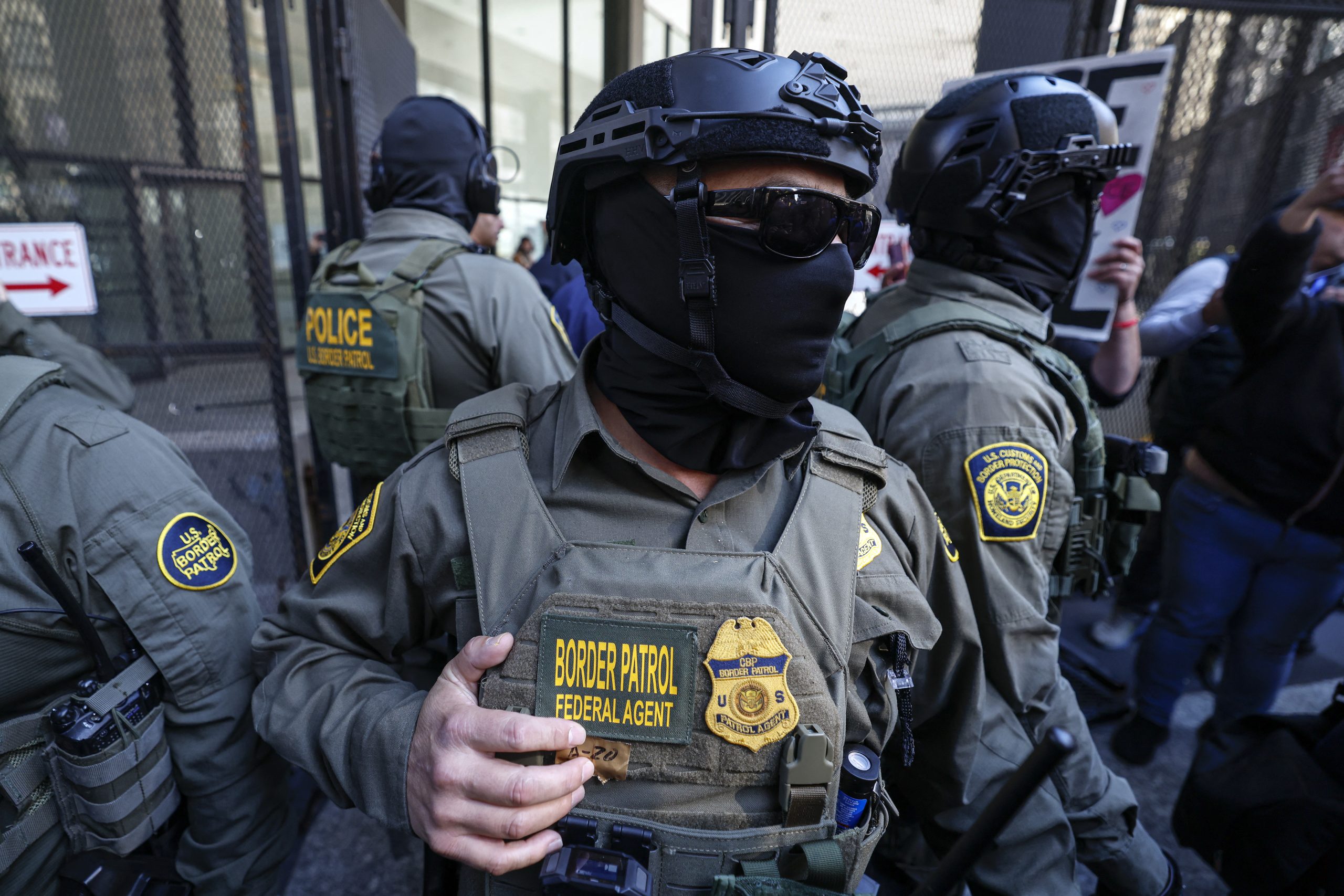Trump Shifts Immigration Enforcement Focus to Border Patrol
The Trump administration, long criticized for its aggressive immigration policies, is reportedly shifting its enforcement priorities from Immigration and Customs Enforcement (ICE) to the Border Patrol. This move, according to sources within the administration, stems from a perception among hardliners that ICE has been too lenient in carrying out mass deportations. The decision signals a potential escalation in immigration enforcement tactics and raises concerns about the militarization of domestic law enforcement.
ICE Under Scrutiny: Not “Hardline” Enough?
While many view ICE as the face of Trump’s stringent immigration policies, some within the administration believe the agency hasn’t been aggressive enough in achieving deportation goals. This viewpoint has led to a re-evaluation of which agency is best suited to implement the administration’s vision of stricter immigration control. The Border Patrol, with its more militarized structure and focus on border security, has emerged as the preferred tool for carrying out large-scale operations.
Border Patrol’s Growing Role: Controversial Tactics
The Border Patrol has already been playing a more visible role in immigration enforcement, particularly in major cities. Controversial operations in Los Angeles and Chicago, where Border Patrol agents patrolled residential areas in a militarized fashion and employed tactics such as tear gas, have drawn significant criticism. These actions have sparked concerns about the potential for abuse of power and the erosion of civil liberties. The increased reliance on the Border Patrol suggests a willingness to employ more aggressive and potentially controversial tactics in the pursuit of immigration enforcement.
Analysis and Implications
This shift in focus has far-reaching implications. It suggests a hardening of the administration’s stance on immigration and a willingness to prioritize enforcement over other considerations. The Border Patrol’s more militarized approach could lead to increased tensions between law enforcement and communities, particularly those with large immigrant populations. Moreover, the move raises questions about oversight and accountability, as the Border Patrol’s operations often occur far from the border and involve interactions with individuals who are not suspected of any crime.
Conclusion
The Trump administration’s decision to empower the Border Patrol in immigration enforcement signals a potential turning point in the ongoing debate over immigration policy. The move is likely to intensify criticism of the administration’s tactics and further polarize the debate over immigration reform. As the Border Patrol takes on a more prominent role in domestic law enforcement, it remains to be seen how this shift will impact communities and the overall landscape of immigration policy in the United States.
Based on materials: Vox





